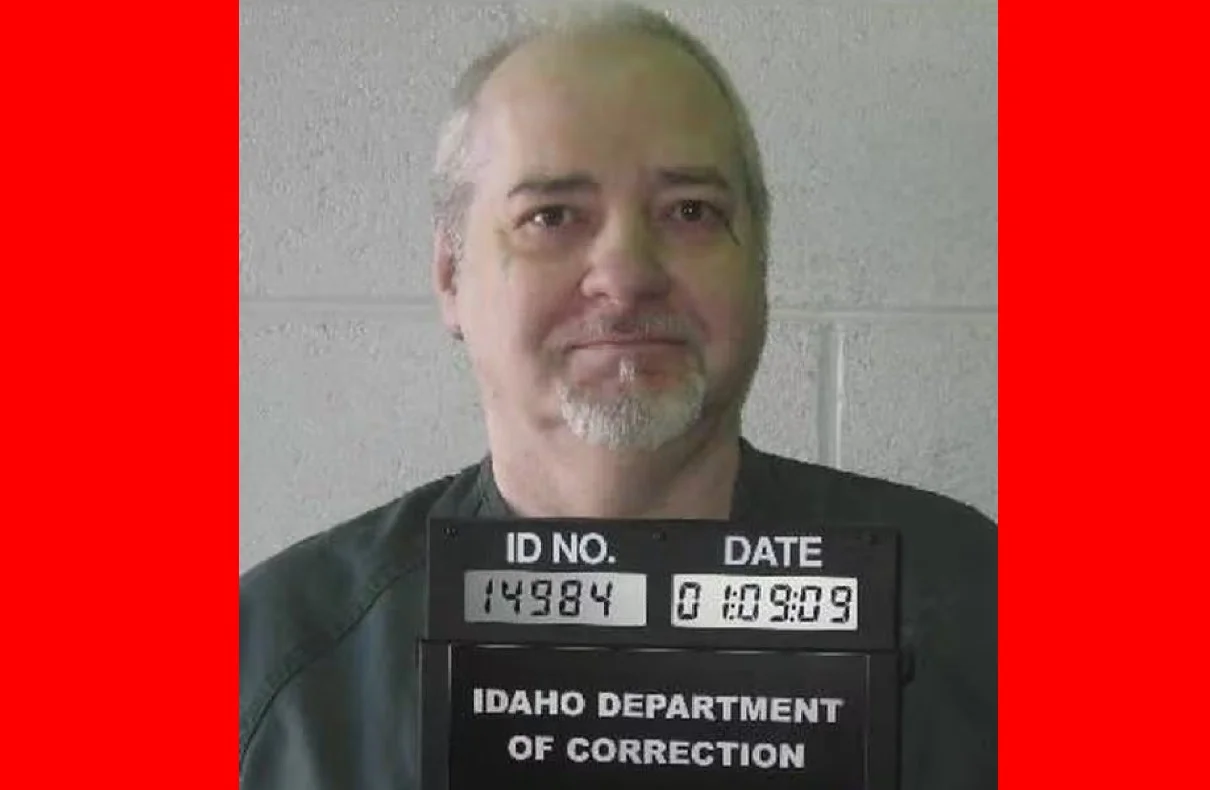In a shocking turn of events, the state of Idaho has postponed the execution of notorious serial killer Thomas Eugene Creech after a series of failed attempts at lethal injection. Creech, who has been on death row for over 40 years, was scheduled to be put to death on Wednesday but encountered significant complications during the execution process. This unexpected development has garnered widespread attention and raised questions about the efficacy and ethics of capital punishment.
Thomas Eugene Creech, now 73 years old, has been a prominent figure on Idaho’s death row since the 1980s. He was convicted of heinous crimes, including the brutal murders of multiple victims. Creech’s case has drawn significant media coverage over the years, and his impending execution has been a subject of intense public interest. However, the execution process did not go as planned, leading to a temporary halt.
The execution of Thomas Eugene Creech was scheduled to take place at the Idaho Maximum Security Institution. At 10 a.m. local time, Creech was brought into the execution chamber on a gurney. However, what was supposed to be a straightforward procedure quickly turned into a series of failed attempts at lethal injection. The execution team encountered numerous complications, resulting in a delay of the execution.
Drunk Man Charged for Slapping Disney Resort Employee
The failed lethal injection attempts in Creech’s case have sparked significant controversy and raised important questions about the use of capital punishment. Advocates of the death penalty argue that it serves as a deterrent and ensures justice for the victims and their families. However, opponents point to cases like Creech’s as evidence of the potential for botched executions and the inherent cruelty of the practice. The failed attempts have reignited the debate surrounding the constitutionality and humaneness of lethal injection.
Following the failed execution attempts, legal proceedings surrounding Creech’s case have taken center stage. His defense team has raised concerns about the constitutionality of carrying out the execution after multiple failed attempts, arguing that it would constitute cruel and unusual punishment. Additionally, they have called for a thorough investigation into the execution protocols and the events that led to the complications. These legal proceedings and appeals have introduced further delays to the execution process.
The news of the failed execution attempts of Thomas Eugene Creech has garnered significant attention from the public and the media. The story has been covered extensively by news outlets, sparking discussions about the death penalty and its implementation. Social media platforms have been flooded with debates, with individuals expressing their opinions on both sides of the issue. The public reaction to the situation highlights the deep divide in society regarding capital punishment.
Alabama Barker: Seeking Prayers After Hospital Visit
The failed execution attempts in Creech’s case have reignited the discussion surrounding the efficacy of lethal injection as a method of execution. Lethal injection, considered a more humane alternative to other methods, has faced significant scrutiny in recent years due to concerns over the drugs used, potential pain experienced by the condemned, and the qualifications and training of the execution team. The complications in Creech’s case have further fueled the debate about the reliability and effectiveness of lethal injection.
The failed execution attempts also raise important ethical considerations and human rights concerns. Critics argue that the death penalty violates the fundamental right to life, as guaranteed by international human rights conventions. The potential for botched executions and the prolonged suffering of the condemned are seen as inhumane. The situation with Creech’s failed execution attempts has brought these ethical considerations to the forefront, prompting a broader discussion on the morality of capital punishment.
One aspect that has come under scrutiny due to the failed execution attempts is the involvement of medical professionals in the execution process. Ethical guidelines prohibit doctors and other healthcare professionals from participating in executions, as it goes against the principles of medical ethics. However, the administration of lethal injections often requires medical expertise, leading to ethical dilemmas and potential violations of professional standards. The complications in Creech’s case highlight the need for a reevaluation of the role of medical professionals in executions.
New Details on the Tragic Incident at Boston’s Moxy Hotel
The failed execution attempts in the case of Thomas Eugene Creech could have far-reaching implications for future death penalty cases. The legal challenges and public scrutiny surrounding the botched execution have shed light on the potential risks and flaws inherent in the death penalty system. This incident may prompt lawmakers, activists, and legal professionals to reevaluate the use of lethal injection and consider alternative methods or even the abolition of capital punishment altogether.
The postponement of Thomas Eugene Creech’s execution after a series of failed lethal injection attempts has brought the issue of capital punishment to the forefront once again. The complications surrounding the execution process have sparked debates about the efficacy, ethics, and humaneness of the death penalty. As the legal proceedings continue and public discourse intensifies, the case of Creech serves as a reminder of the complex and multifaceted nature of capital punishment and the importance of critically examining its implementation in society.
